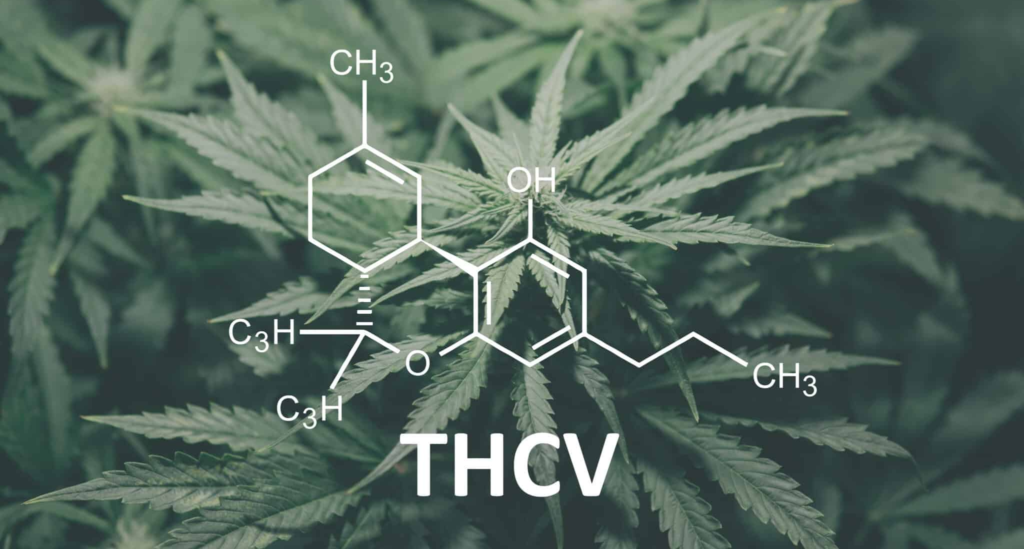A study conducted at Namseoul University in South Korea has found that tetrahydrocannabivarin (THCV), a non-psychoactive cannabinoid found in marijuana, could offer therapeutic benefits for those with metabolic disorders such as obesity and type 2 diabetes.

Published by AIMS Neuroscience, the study highlights THCV’s unique interaction with the body’s endocannabinoid system, including its ability to block CB1 receptors while partially activating CB2 receptors. This dual mechanism appears to suppress appetite, enhance glucose regulation, and boost energy use—all key factors in managing metabolic health.
Preclinical research referenced in the study shows that THCV improves insulin sensitivity, increases glucose uptake, and helps restore insulin signaling in metabolic tissues. It also decreases fat buildup and boosts mitochondrial activity in both liver and fat cells. Animal models demonstrated that THCV could reduce appetite, prevent fatty liver disease, and promote overall metabolic stability.
While early human trials are promising, the researchers emphasize the need for further clinical studies to better understand THCV’s long-term safety and effectiveness. If confirmed, THCV could emerge as a novel tool in the treatment of obesity and type 2 diabetes.
The study’s full abstract states:
Abstract
Disorders of the metabolism, including obesity and type 2 diabetes, represent significant global health challenges due to their rising prevalence and associated complications. Despite existing therapeutic strategies, including lifestyle interventions, pharmacological treatments, and surgical options, limitations such as poor adherence, side effects, and accessibility issues call attention to the need for novel solutions. Tetrahydrocannabivarin (THCV), a non-psychoactive cannabinoid derived from Cannabis sativa, has emerged as a promising agent to manage metabolic disorders. Unlike tetrahydrocannabinol (THC), THCV exhibits an antagonistic function on the CB1 receptor and a partial agonist function on the CB2 receptor, thus enabling appetite suppression, enhanced glucose regulation, and increased energy expenditure. Preclinical studies demonstrated that THCV improves insulin sensitivity, promotes glucose uptake, and restores insulin signaling in metabolic tissues. Additionally, THCV reduces lipid accumulation and improves the mitochondrial activity in adipocytes and hepatocytes, shown through both cell-based and animal research. Animal models further revealed THCV’s potential to suppress appetite, prevent hepatosteatosis, and improve metabolic homeostasis. Preliminary human trials support these findings, thereby showing that THCV may modulate appetite and glycemic control, though larger-scale studies are necessary to confirm its clinical efficacy and safety. THCV’s unique pharmacological profile positions it as a possible therapeutic candidate to address the multifaceted challenges of obesity and diabetes. Continued research should concentrate on optimizing formulations, undertaking well-designed clinical studies, and addressing regulatory hurdles to unlock its full potential.







